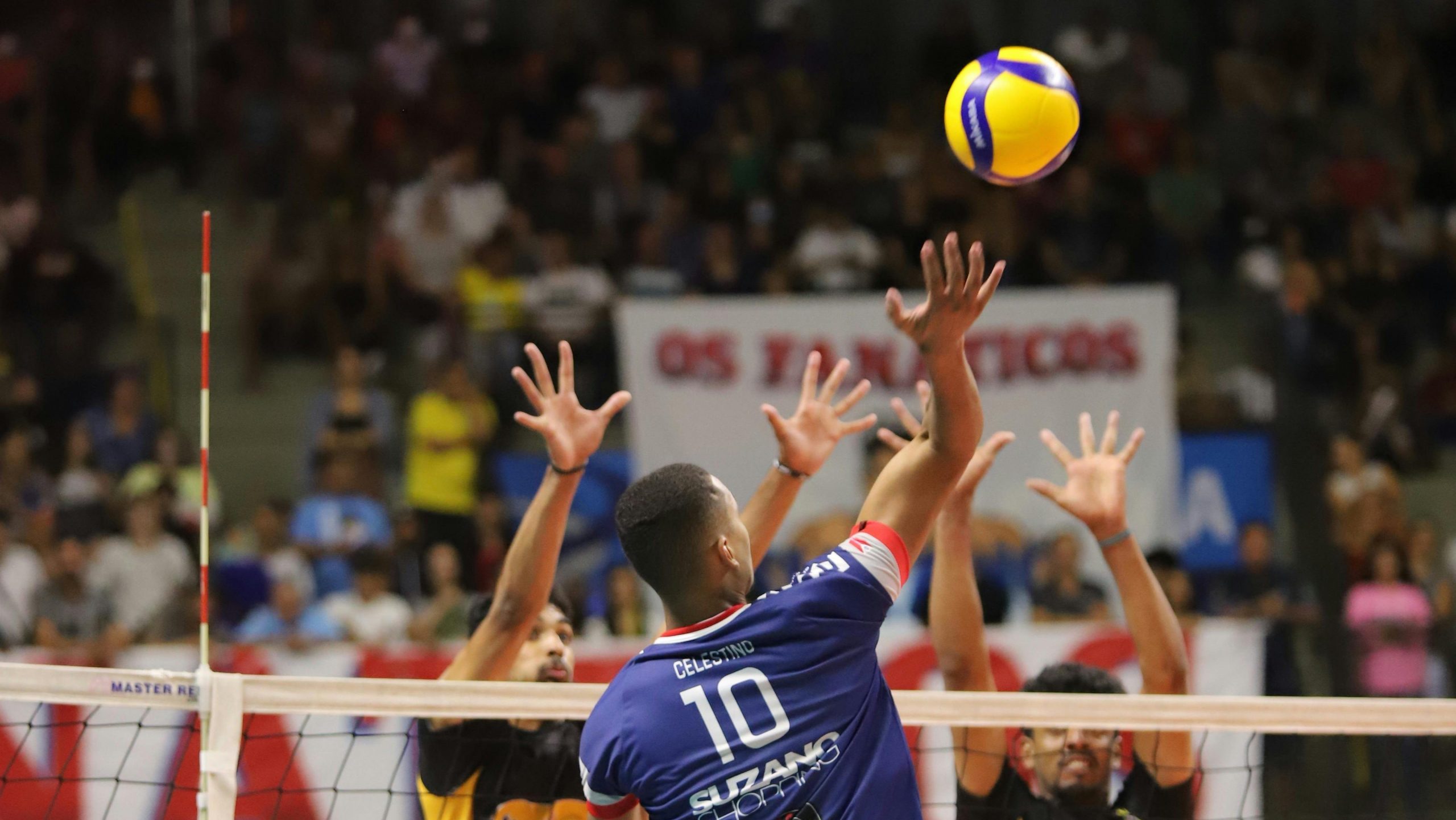Blocking in volleyball is a critical skill that can change the course of a game. In this article, we explore the techniques, rules, and strategies of volleyball blocking, highlighting its importance and how blocks are used effectively in matches.

Mastering Volleyball Blocking
Blocking in volleyball is one of the most crucial defensive skills a player can develop. The purpose of a block is to intercept the ball before it crosses the net, preventing the opposing team from scoring. A successful block disrupts the offense, forcing the opposing team to rethink their attack strategies.
When executing a volleyball block, the player stands near the net, ready to jump at the right moment. The goal is to meet the ball at the peak of the jump, using extended arms and hands to form a barrier. Blocking is not just about reacting but anticipating the hitter’s intentions. By understanding their body language, players can position themselves to block effectively.
The Techniques Behind Volleyball Blocking
Volleyball blocking involves more than jumping and raising your hands—it requires technique. Blockers must position themselves in front of the hitter, keeping a slight distance from the net. The timing of the jump is crucial because jumping too early allows the hitter to adjust, while jumping too late results in missing the ball entirely.
The hands should be wide, with the palms facing inward, creating a strong barrier. This allows the blocker to direct the ball back toward the opponent’s side of the court. Players often need to adjust their arm positioning mid-air, depending on the angle of the spike.
Teamwork also plays a significant role. In many cases, teams will use double or triple blocks to cover more space at the net, especially when facing powerful hitters.
Volleyball Blocking Rules to Know
Volleyball blocking is subject to specific rules to ensure fair play. A blocker must avoid touching the net while making a block, as doing so results in a fault and gives the opposing team a point. Only front-row players are permitted to block, and a back-row player attempting a block is considered a violation.
Reaching over the net is allowed, but only after the attacking team has made contact with the ball. Blocking the ball before it is hit by an opponent is illegal. Understanding and adhering to these rules is crucial for making effective blocks without incurring penalties.
Strategy and Timing in Volleyball Blocking
Blocking in volleyball isn’t just about stopping the ball—it’s about strategy. A well-timed block can create opportunities for your team to gain control of the game. This requires not only physical skills but also mental sharpness, as a blocker needs to predict the hitter’s next move.
Good blockers follow specific volleyball rules and they always analyze their opponents, identifying patterns in their play. By knowing where and how a hitter is likely to attack, a blocker can position themselves more effectively. Communication with teammates is also key, as a coordinated block increases the chances of success.
Beyond defense, a block can also force the opposing team into mistakes, such as weak returns, making it easier for your team to score. Strategic blocking plays a significant role in shaping the outcome of the game.
How To Enhance Your Volleyball Experience
If you’re a volleyball enthusiast, take your passion to the next level by betting on volleyball matches through platforms like Wild.io. Just as blocking in volleyball requires precise timing and strategy, so does betting on matches. With the Wild.io no deposit bonus, you can start placing bets without any initial investment, adding an extra layer of excitement as you watch and engage with the game.
Conclusion
Blocking in volleyball is a fundamental defensive skill that requires technique, timing, and strategy. By mastering how to block in volleyball, players can significantly enhance their game. From understanding the rules to executing well-timed moves, effective blocking plays a pivotal role in both defense and offense. For fans of the sport, different platforms offer the chance to make matches even more thrilling by betting on volleyball games.